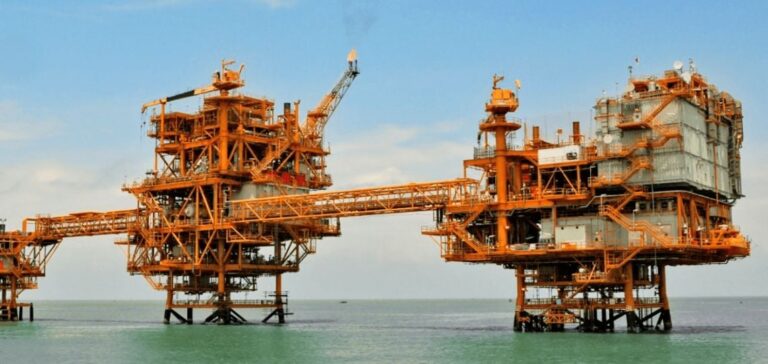Eni has reached a key milestone by obtaining approval from the Indonesian authorities for its Development Plans (POD) for the Geng North, Gehem, Gendalo and Gandang fields, located in the Kutei Basin.
These projects, grouped together under the name “Northern Hub”, aim to boost the company’s gas production in Indonesia, a strategic market for Eni.
Central to this initiative is the development of Geng North and Gehem, with planned production of 2 billion cubic feet per day of gas and 80,000 barrels per day of condensate.
These volumes will be extracted via subsea wells and processed on a new floating production, storage and offloading (FPSO) unit, before being transported to onshore facilities, including the Santan terminal and the East Kalimantan pipeline network.
Part of the gas will be liquefied at the Bontang LNG plant, while the remainder will supply the domestic market.
Optimizing existing infrastructures
The development of the Gendalo and Gandang fields as part of the Ganal block is part of a strategy to optimize existing infrastructures, in particular the Jangkrik Floating Production Unit (FPU).
These fields represent 2 TCF of gas reserves, the exploitation of which will extend the life of Jangkrik by at least 15 years.
The project will maximize the use of existing facilities and optimize operating costs.
The Indonesian authorities have also granted a 20-year extension to the IDD licenses on the Ganal and Rapak blocks, strengthening Eni’s position in the country’s energy sector.
These approvals illustrate the local authorities’ confidence in Eni, the fruit of close strategic collaboration with SKK Migas, Indonesia’s oil and gas regulator.
Future exploration and development
Eni plans to launch a drilling campaign over the next 4 to 5 years to explore additional opportunities in the Kutei Basin.
This basin, already appraised at over 30 TCF of gas, offers substantial potential for future discoveries.
This initiative, which builds on the Geng North discovery in October 2023, aims to consolidate Eni’s presence in the region while meeting the growing energy demand in Southeast Asia.
These projects are strategic for Eni, not only for their contribution to natural gas supply, but also for their impact on the global market.
Eni continues to expand its activities in Indonesia, where it has been operating since 2001, drawing on its vast experience in the development and exploitation of hydrocarbons.






















